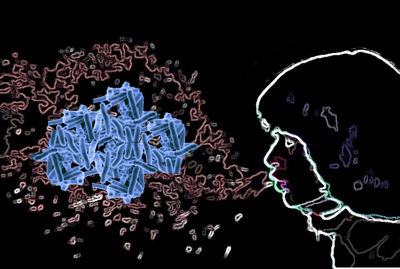

|
|
 |
||
| TB Disease | |||
From there, they move through the blood to other parts of the body, such as the kidney, spine, and brain. TB in the lungs or throat can be infectious. This means that the bacteria can spread to other people. TB in other parts of the body, such as the kidney or spine, is usually not infectious. People with TB disease are likely to spread TB to people who come in close contact and spend time with them everyday. This includes family members, friends, and coworkers. |
 |
People at high risk for TB disease include:
Copyright © 2010 Microbiology Department, Faculty of Medicine, Siriraj Hospital, Mahidol University. All rights reserved.